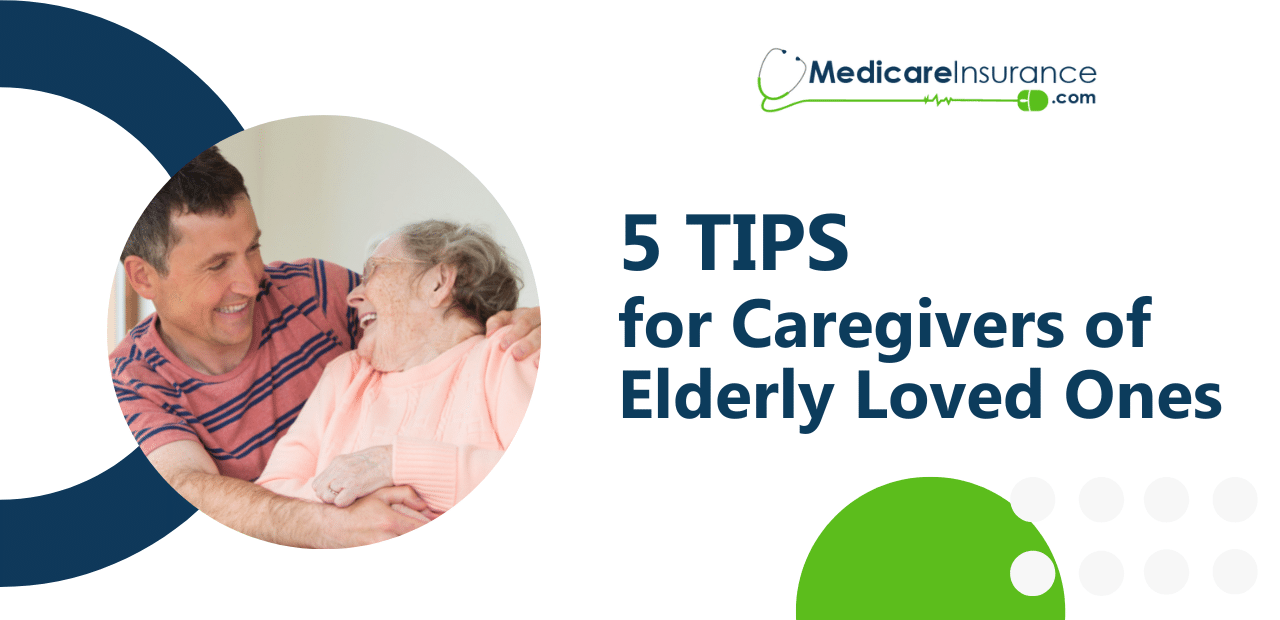
Most seniors live at home, and who can blame them? Aging in a place you’re familiar with, surrounded by loved ones, can be far more comfortable than living in a nursing home or assisted living facility. However, this also means that much of the burden of caring for the elderly is on their loved ones, such as children, grandchildren, or younger siblings.
That may seem harsh: after all, caring for family members is often viewed as a sacred duty. However, even caring for someone you love can lead to mental burnout over time, and that’s not good for anyone. When you’re a caregiver, it’s important to remember to take care of yourself. Here are five tips for caregivers on how to maintain their mental health and improve their quality of life of themselves and their loved ones.
5: Set a Schedule
Structure is important, both for you and your loved one. People find routines comforting; as fun as spontaneity can be, planning ahead provides us with the landmarks we need to navigate our lives. In a potentially stressful situation like caregiving, however, it serves a more important purpose.
We have a limited amount of mental energy with which to tackle the day. This has long been understood in the neurodivergent community, where people often struggle with limited amounts of mental energy. Having a schedule lets you budget that energy, ensuring you always have enough to operate at peak efficiency. When we overtax our mental limits, we run the risk of burnout, a self-perpetuating spiral of stress and exhaustion. The exhaustion from one day carries to the next, meaning once you enter burnout, you’re unlikely to recover without a break. This can also lead to strained relationships with your loved ones, which is never a good thing.
4: Establish Boundaries
Some parents never really let go of their perceived authority, even after their children are adults, which can lead to caregivers feeling overwhelmed by obligations. Often, this isn’t even malicious and just snowballs over time. You may begin by cooking and cleaning, only to become a personal shopper, handyman, hairdresser, and gardener before you even realize it. If you feel your loved one is asking too much of you, don’t be afraid to set boundaries. Establish what tasks you’re willing to perform and which are no-gos when you make arrangements with your loved one, and don’t budge if they get pushy.
3: Don’t Be Afraid To Ask for Help
Relating to the previous topic, sometimes the tasks being asked of you are things that need to be done, even if you don’t want to do them. You may not want to go to the grocery store or pull weeds, but not doing those things can detract from your loved one’s quality of life. That’s why asking for help, either from family members, friends, or professional services, can be a huge relief.
If you can afford it, hiring part-time, in-home caregivers can help. Medicare can help cover skilled nursing care for medical needs, but you’ll need to pay out of pocket for domestic services. If that’s too much, there is a growing number of senior centers that provide care assistance to seniors in a welcoming, clubhouse-style environment. These facilities may be attached to an assisted living community or be independent. Either way, they allow your loved one to benefit from the professional services found at a typical assisted living facility while still returning home each evening.
2. Remember to Take Care of Yourself.
One important way to recharge our mental energy is to devote time to ourselves. You’ve probably heard people talking about self-care in the past, but that concept is much more nuanced than taking bubble baths and drinking wine. Self-care means adequately tending to one’s own needs: mental and physical. Often, we get caught up in our obligations to others without considering the impact we have on ourselves. Have you ever skipped breakfast because you were in a hurry? That’s normal. However, if you frequently skip meals (or workouts, showers, hygiene rituals, and sleep, among others) you might be neglecting yourself.
Often, you can incorporate self-care into your caregiving routine. Mealtime with loved ones can be a comforting ritual, and many workout programs accept people of all ages. However, sometimes you just need to go it alone. Space is healthy, especially when living with someone else, so don’t be afraid to put up a do not disturb sign from time to time. Just make sure your loved one is adequately cared for in your absence.
1. Talk About It
No matter how hard things may seem, you’re not alone. Support groups for caregivers exist across the country, as well as on the internet, allowing you to share your experiences with others. In doing so, you can get confirmation that your struggles are perfectly normal. If there is friction between you and your loved one, consider going to family therapy. Even if there isn’t, a regular chat with a therapist is a healthy habit, provided you can afford it.
There’s a lot of weight to the word ‘caregiver,’ and sometimes you can feel crushed under those obligations. However, the most important thing to remember is that the familial caregiver relationship is built on a foundation of love: not just for your loved one, but for yourself. After all, if you can’t care for yourself, how can you care for anyone else?